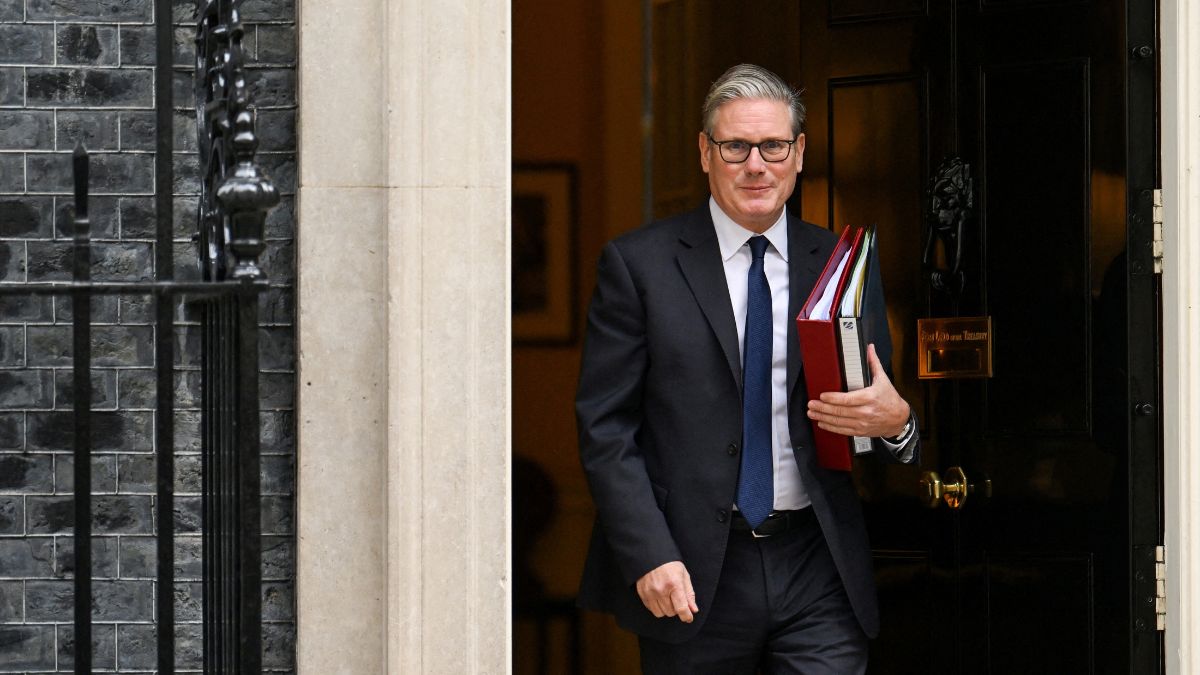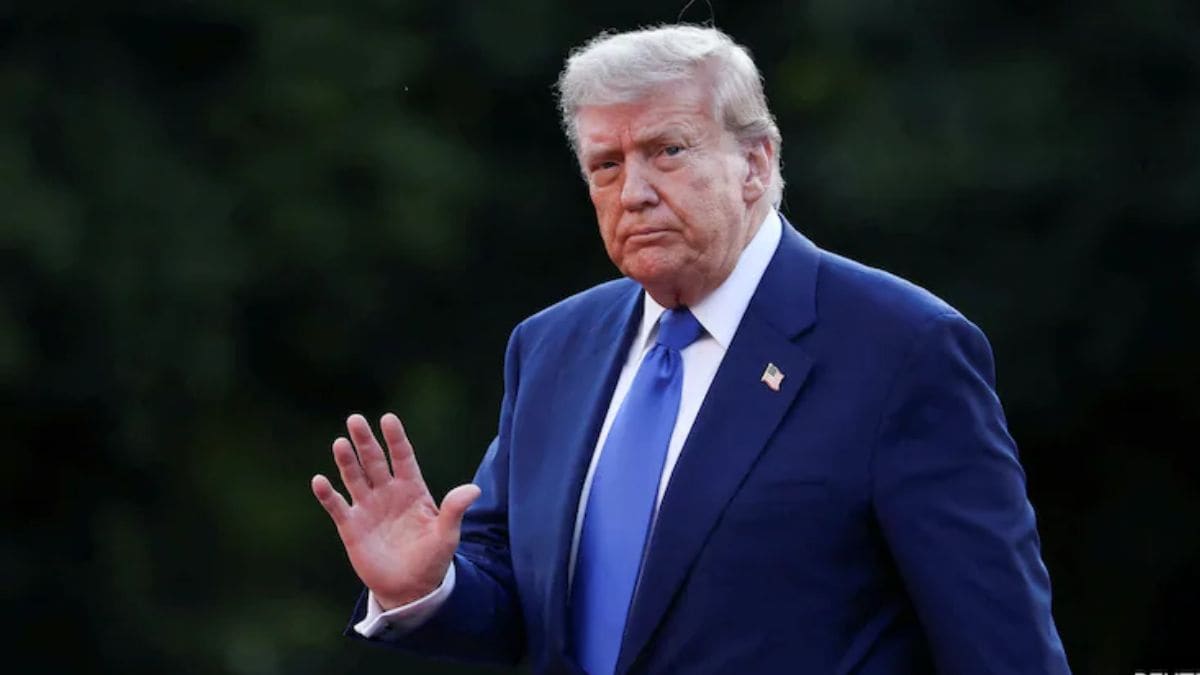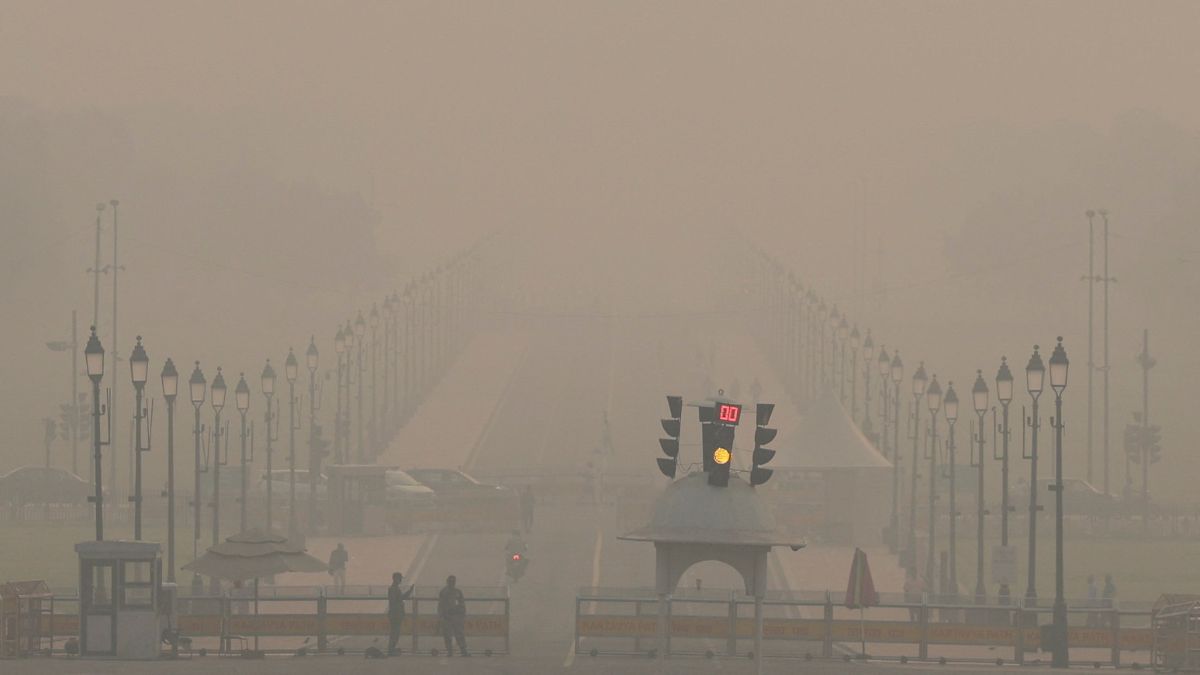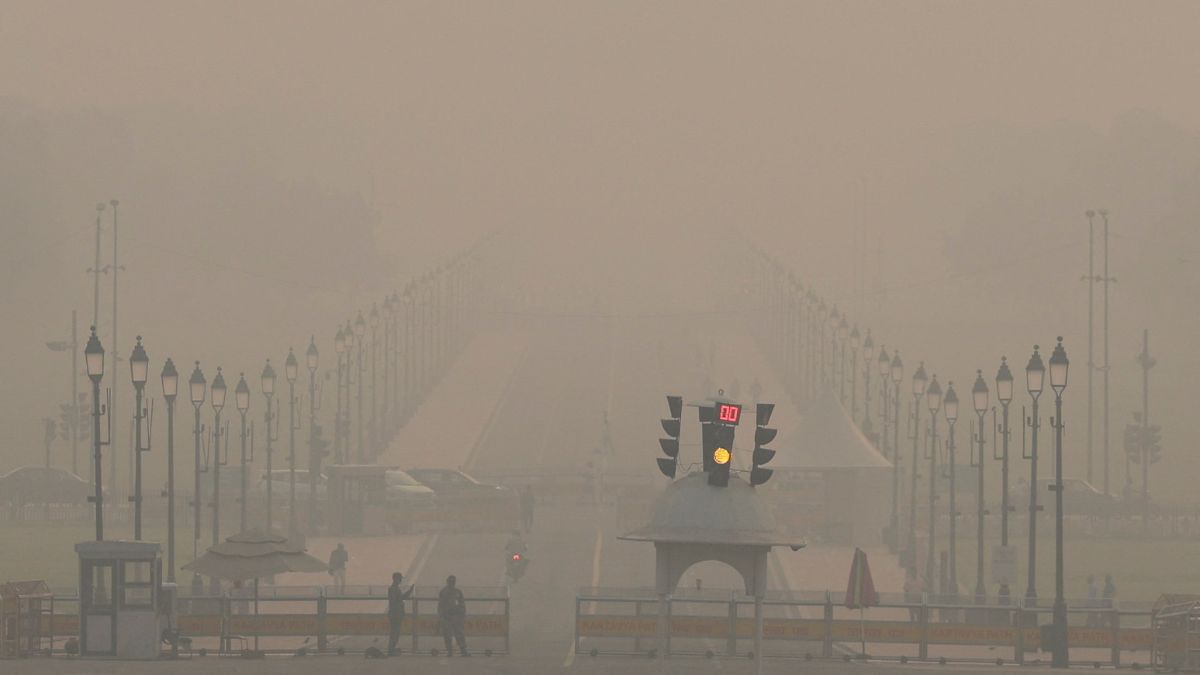In a fresh headache for embattled British Prime Minister Sir Keir Starmer, the annual government borrowing reached a five-year high at £99.8 billion ($133.6 billion) in September, according to Office for National Statistics (ONS).
The figure is also the second-highest since ONS began keeping records in 1993.
One reason for the worsening deficit is an increase in debt interest payments as rising inflation has made it more expensive to service certain inflation-linked bonds, according to analysts.
“No wonder the government isn’t winning any extra supporters: they are borrowing more to fund previous borrowing, which is a debt doom loop,” Kathleen Brooks, the research director at XTB trading group, told AFP.
As nearly all indicators are flashing red for the British economy, both Starmer as well as the Bank of England are under pressure to act. But there does not appear to be any easy way out of the current crisis where high inflation and sluggish growth coexist. The forecasts are not promising either.
Last week, the International Monetary Fund (IMF) said that the United Kingdom will see the worst living standards growth and highest growth in inflation in the Western world next year.
Impact Shorts
More ShortsBritish economy on the brink
While ‘stagflation’ —a condition where inflationary and recessionary conditions coexist— has not been formally declared, there are fears that it is only a matter of time before the British economy enters the phase.
In September, the inflation was 3.8 per cent — nearly twice the Bank of England’s (BoE) upper limit of 2 per cent.
In the three-month period ending in August, the unemployment was 4.8 per cent — the highest since the Covid-19 pandemic.
In August, the British economy grew by 0.1 per cent and the figure for the June-August quarter was 0.3 per cent. The growth was led by manufacturing (0.4 per cent) whereas services were flat and construction shrunk by 0.3 per cent.
There does not appear to be any easy way out of the crisis. To stimulate the economy, the BoE may cut interest rates but that could worsen inflation. And while raising interest rates could curb inflation, it could deepen the economic slowdown and further hurt employment.
In her budget month, Chancellor Rachel Reeves is expected to raise taxes to shore up the finances. That move is likely to be unpopular with the public and further drag down Starmer’s ratings.


)

)
)
)
)
)
)
)
)



